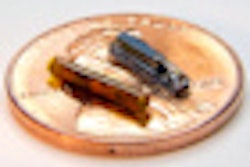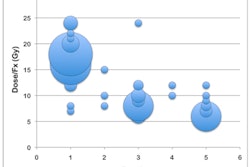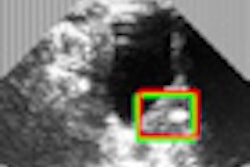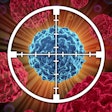Acupuncture can prevent or reduce symptoms of chronic dry mouth, a common side effect of radiation therapy, according to findings of a randomized, controlled trial conducted in Shanghai that were published online November 9 in Cancer.
Xerostomia, or severe dry mouth, is characterized by reduced salivary flow and commonly affects patients receiving radiation therapy for head and neck cancer. The condition creates difficulties in eating, speaking, and sleeping. Without saliva, patients may experience an increase in microbial growth, possible bone infection, and irreversible nutritional defects.
Eighty-six patients with nasopharyngeal carcinoma enrolled in a randomized trial to receive radiotherapy alone or radiotherapy and acupuncture at Fudan University Shanghai Cancer Center. All patients received radiotherapy three times weekly for seven weeks. Forty patients also received acupuncture treatments on the same day.
All patients were evaluated before the start of radiation therapy, each week during treatment, one week following treatment, and over the next six months upon treatment completion. Both the MD Anderson Symptom Inventory - Head and Neck and the Xerostomia Questionnaire (XQ) were used assess conditions, and unstimulated and stimulated whole salivary flow rates were measured using standardized sialometry collection techniques.
Xerostomia Questionnaire scores for the patients who received acupuncture treatments were statistically significantly lower beginning in week 3 and continuing through the six-month post-treatment follow-up, according to Dr. Zhiqiang Meng, PhD, the article's lead author and co-principal investigator, who is also deputy chair of the department of integrative oncology at Shanghai Cancer Center.
At one month after the end of radiotherapy, only 54.3% of the acupuncture group reported XQ scores higher than 30, compared with 86.1% of the radiotherapy-only group. At six months, 63.6% of patients who only received radiotherapy still had this score level, compared with 24.1% in the combined treatment group.
Saliva flow rates were also greater in the acupuncture group, starting after patients had nine radiotherapy treatments and continuing through the final follow-up examination, according to the researchers.
Most current treatments are palliative and offer limited benefit, according to co-author Lorenzo Cohen, PhD, director of MD Anderson Cancer Center's Integrative Medicine Program. Additional studies are needed to determine the mechanisms behind the benefits of acupuncture, such as its impact on local blood flux at the parotid gland, he said.
MD Anderson Cancer Center announced that it plans to conduct further research, including a large trial in collaboration with Fudan University Shanghai Cancer Center. Both centers will enroll 150 patients undergoing radiotherapy for head and neck cancer. One-third will receive acupuncture treatments, one-third will receive sham acupuncture treatments, and one-third will receive radiation therapy only.



















